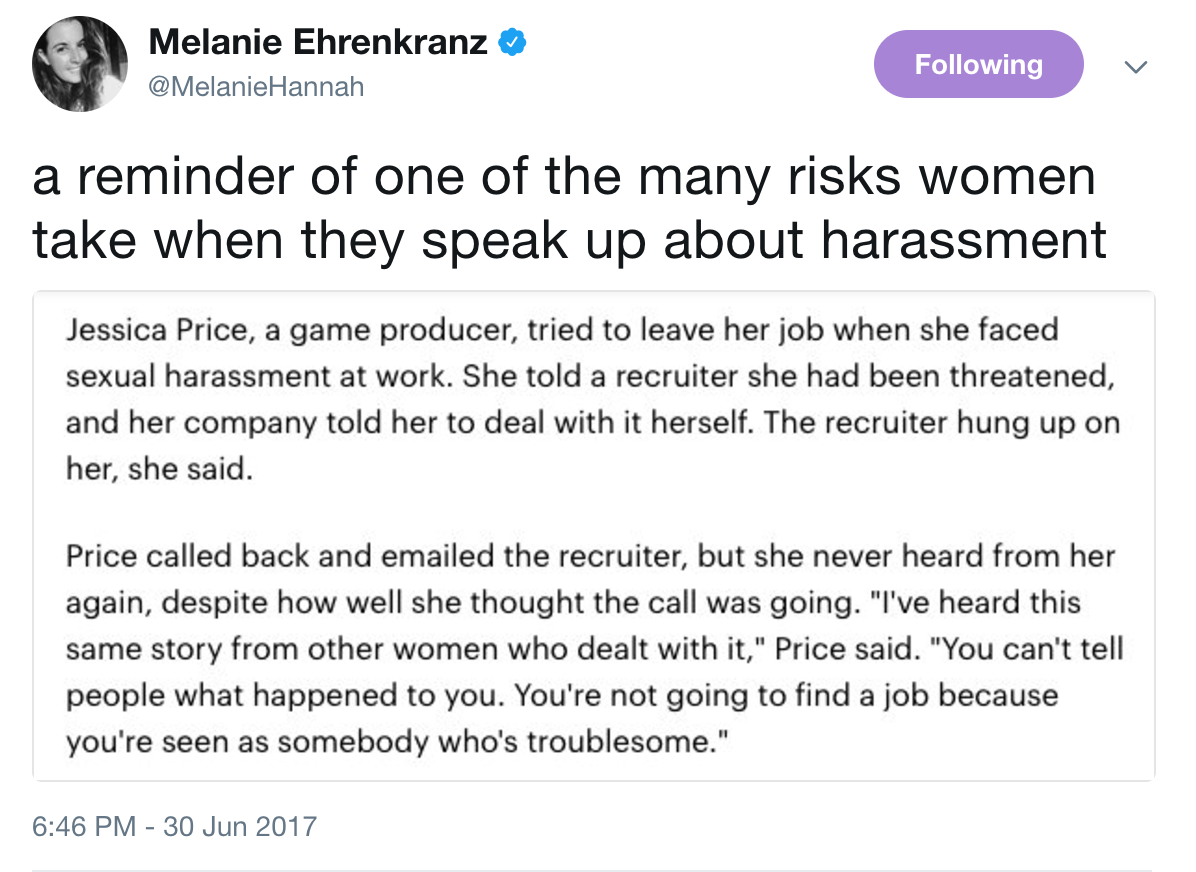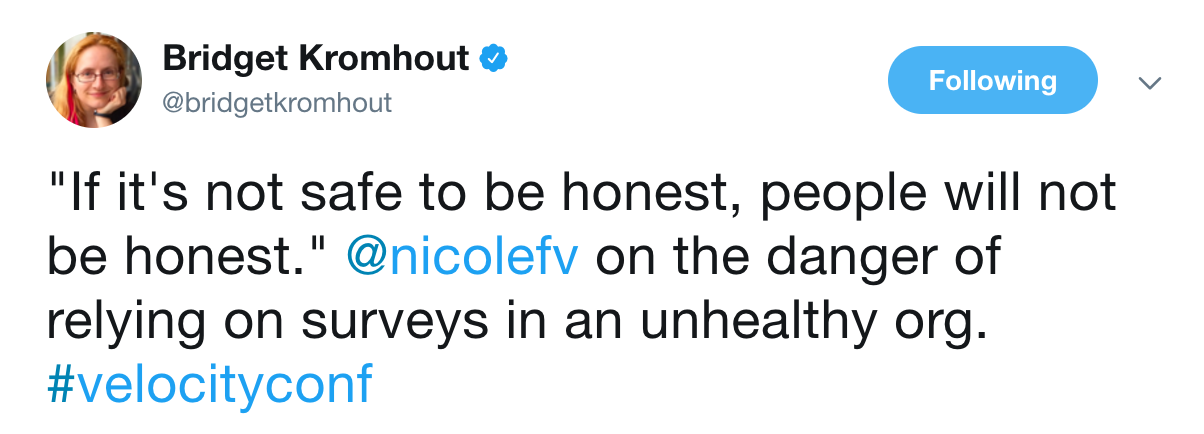Would Anything Change?
I’ve been thinking a lot about exit interviews lately. Reading a bunch of farewell emails that folks have sent in the past, I was struck by how many of them contained a final note of advice. Here are some examples:
#1: We’ve talked about trust, and the dysfunctions of a team. If you can’t give each other the benefit of the doubt, if you can’t discuss differences of opinion openly with each other, instead using [the boss] as a proxy, you don’t have trust, and you will never pull together. You are all incredibly smart and talented. Imagine the things you could accomplish as a team.
#2: If you will permit me the indulgence of one final thought, I close with this: [the company]’s best future will come from maintaining a focus on creating a truly better way for knowledge workers to work and their organizations to support them. Achieve that goal and this company will better so many people’s lives - starting with everyone who works here.
The people who wrote these notes cared deeply about the organization and its people, and yet they were frustrated enough to quit.
If you’re unhappy in an organization, you have two choices: leave, or voice your dissent. This is the thesis behind a famous paper by Albert Hirschman called Exit, Voice, and Loyalty: Responses to Decline in Firms, Organizations, and States. To quote the Wikipedia article:
“Members of an organization, whether a business, a nation or any other form of human grouping, have essentially two possible responses when they perceive a decrease in quality or benefit to the member: they can exit (withdraw from the relationship); or, they can voice (attempt to repair or improve the relationship through communication of the complaint, grievance or proposal for change).”
Of course, the 2 options aren’t equal.
The “Stay and Speak Up” option
- Voicing your dissent is hard; it takes a large emotional investment and a lot of guts
- You are taking a political risk, making yourself vulnerable
- The vested interests (who benefit from the current situation) will ignore you, fight you, discredit you every step of the way
- If things do change, the road to improvement will be long and arduous
- It’s very likely that nothing will change despite your best effort
As exhibit A, think of Susan Fowler’s journey at Uber. She and other women tried to raise their voice internally, hoping to affect change. But instead of listening, Uber’s leadership silenced or ignored their complaints. Even after Fowler left and spoke about her experience publicly, the company tried to tarnish her reputation.
I’ve personally seen leaders in my organization get fired because they didn’t see eye-to-eye with management. They tried to affect change within the system, and the system ejected them.
So as a general rule, the likelihood of success for internal dissenters is pretty darn low.
Of course, Susan Fowler did force Uber to change - but only indirectly. Uber changed not because Fowler spoke up, but because of the resultant PR disaster - i.e. when #deleteUber took off, recruitment became impossible, in short, when it started to impact the bottom line. The same was true at Fox News: Bill O’Reilly wasn’t fired because someone finally spoke up about his sexual harassment (that was known for years) but when advertisers started to boycott his show and the network.
For an extreme example, think of Edward Snowden’s act of speaking up - or whistleblowing, if you prefer. He forced some change, but at a huge personal cost. Think about how his own country (and his fellow citizens, for whom he did it) treated him.
In either case, the lesson is: people who speak up take huge personal and professional risks. They do it out of loyalty to the rest of us in the organization. And we owe it to them to listen, act, and support their voice.
The “Leave” option
Given all of the above, leaving is just easier. Since you’re exiting without ruffling any feathers, the organization can continue to ignore its issues, and the political/personal risk to you is smaller. Everybody goes their own way.
In essence, someone who leaves quietly has decided it’s not worth speaking up. Maybe they fear the negative backlash, or more likely they believe nothing will change.

This may sound like an indictment of the individual but no - I blame the organization. If they haven’t made it a safe place for people to speak the truth, then they shouldn’t be surprised if the culture deteriorates.
So, do you owe it to your colleagues to stay and speak up? For me, here are the key questions that determine what I should do:
Would anything change if I stayed and spoke up?
Has anyone spoken up on these issues before - and how were they treated?
Can I handle the consequences - and are they worth it?



